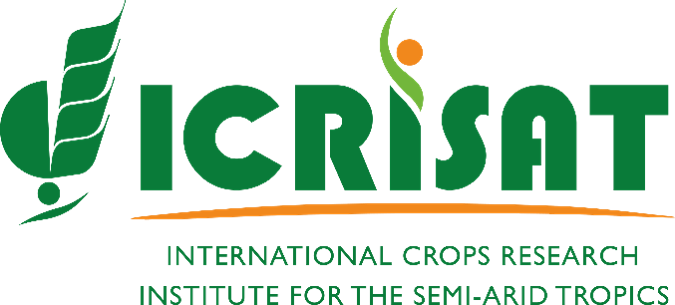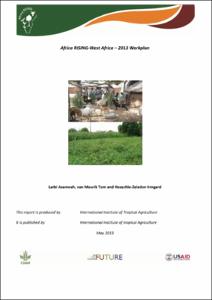Location
The International Crops Research Institute for the Semi-Arid Tropics (ICRISAT) is an international non-profit organization that undertakes scientific research for development.
Our approach is through partnerships and with an Inclusive Market Oriented Development.
Partnerships are critical as ICRISAT takes a catalyst role to help rural communities develop their own solutions and engage
the actors needed to bring the vision to reality.
Inclusive means we are inclusive of the farmers in developing solutions and inclusive of the all people especially women and youth.
Market Oriented Development means we focus our research and development efforts on making farming profitable,
helping move farmers from subsistence to commercial operators.
Members:
Resources
Displaying 61 - 65 of 75The story behind the success: ten case studies identifying what led to uptake of research for development
Efforts that Brought Happiness:Stories of change from the people
International Crops Research Institute for the Semi-Arid Tropics (ICRISAT) is implementing a project
supported by Sir Dorabji Tata Trust (SDTT) for the last ten years in the states of Madhya Pradesh and
Rajasthan and a project supported by Sir Ratan Tata Trust (SRTT) in four districts of Madhya Pradesh
and Jharkhand for improving livelihoods of small and marginal farmers through sustainable management
of natural resources. ICRISAT has adopted consortium approach in partnership with Non-Governmental
An integrated agro-ecosystem and livelihood systems approach for the poor and vulnerable in dry areas
More than 400 million people in the developing world depend on dryland agriculture for their livelihoods. Dryland agriculture involves a complex combination of productive components: staple crops, vegetables, livestock, trees and fish interacting principally with rangeland, cultivated areas and watercourses. Managing risk and enhancing productivity through diversification and sustainable intensification is critical to securing and improving rural livelihoods.







